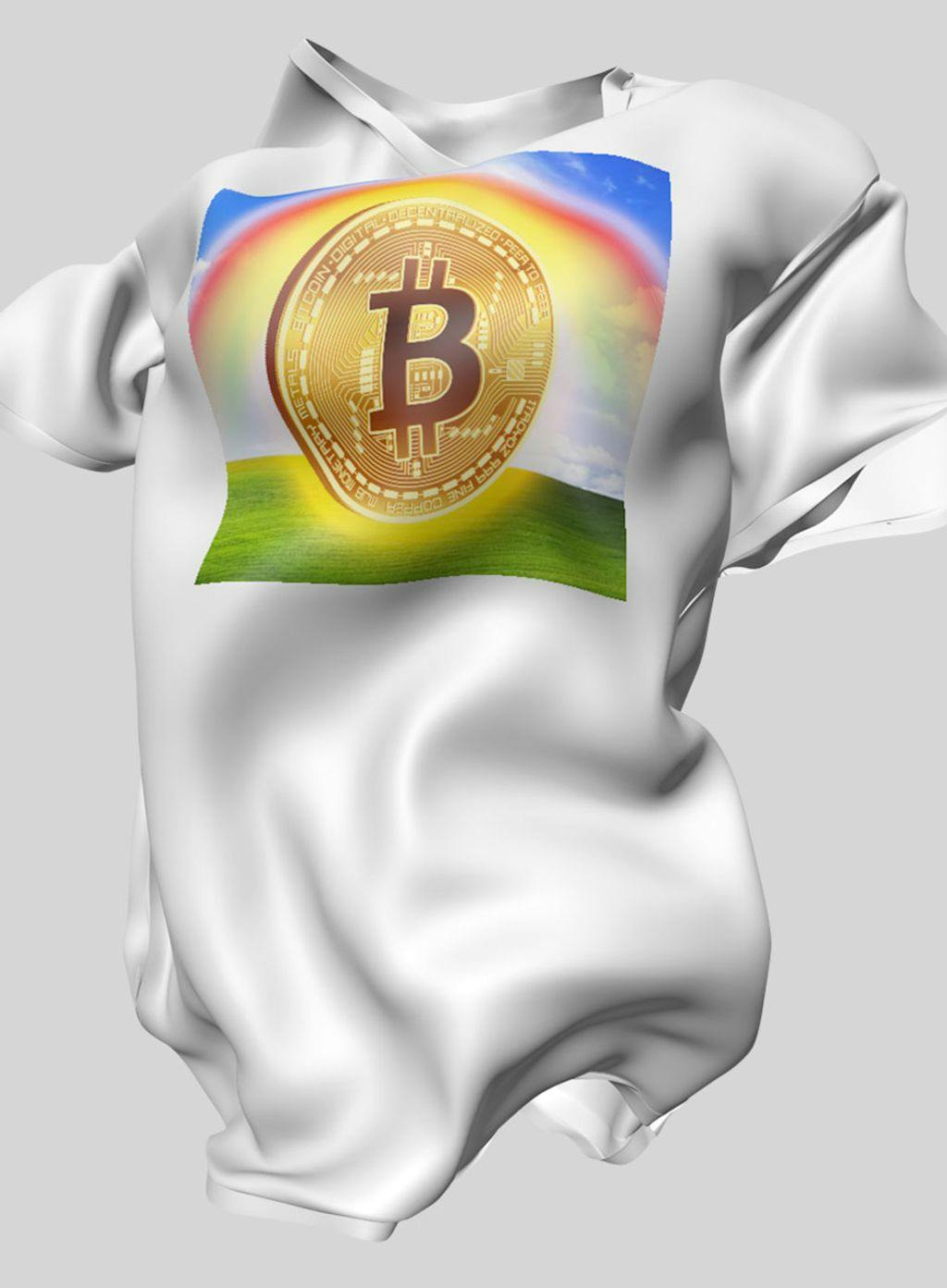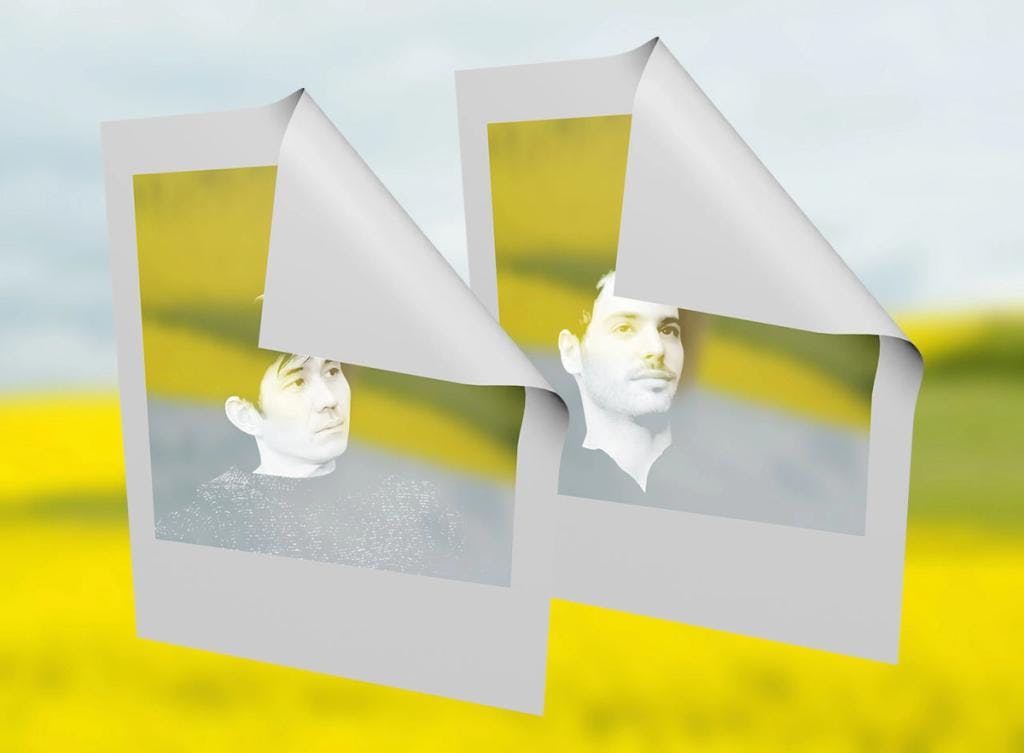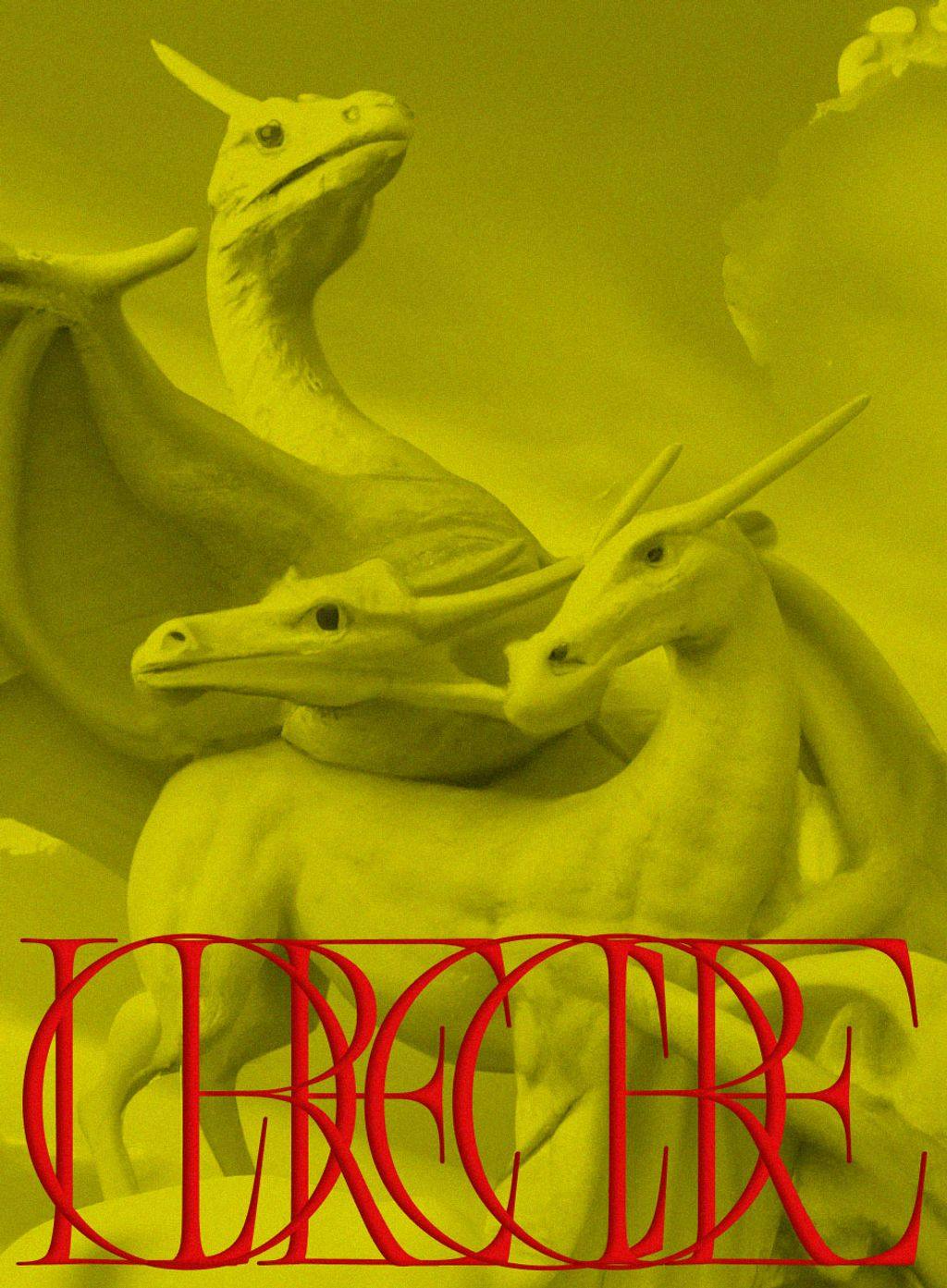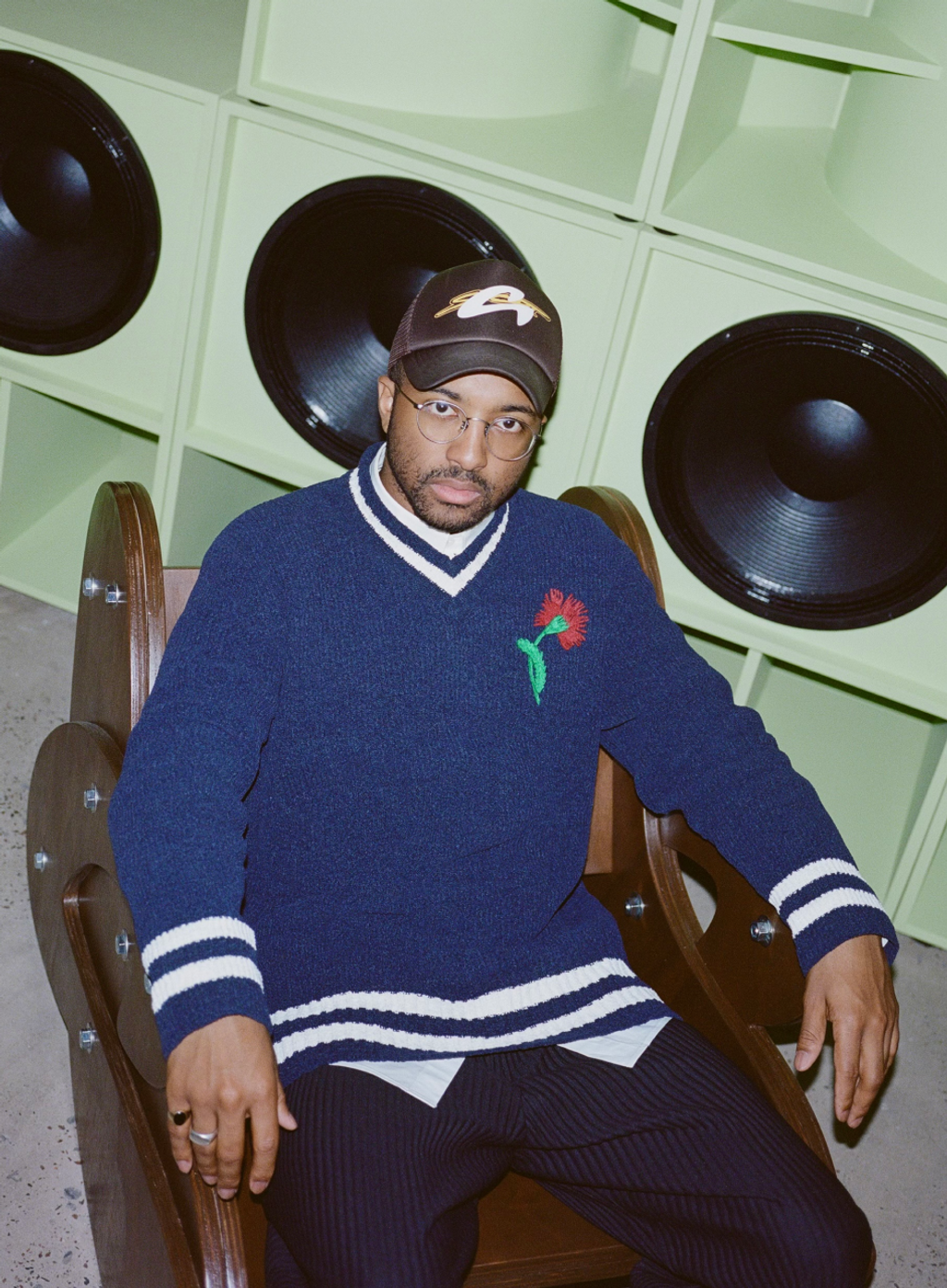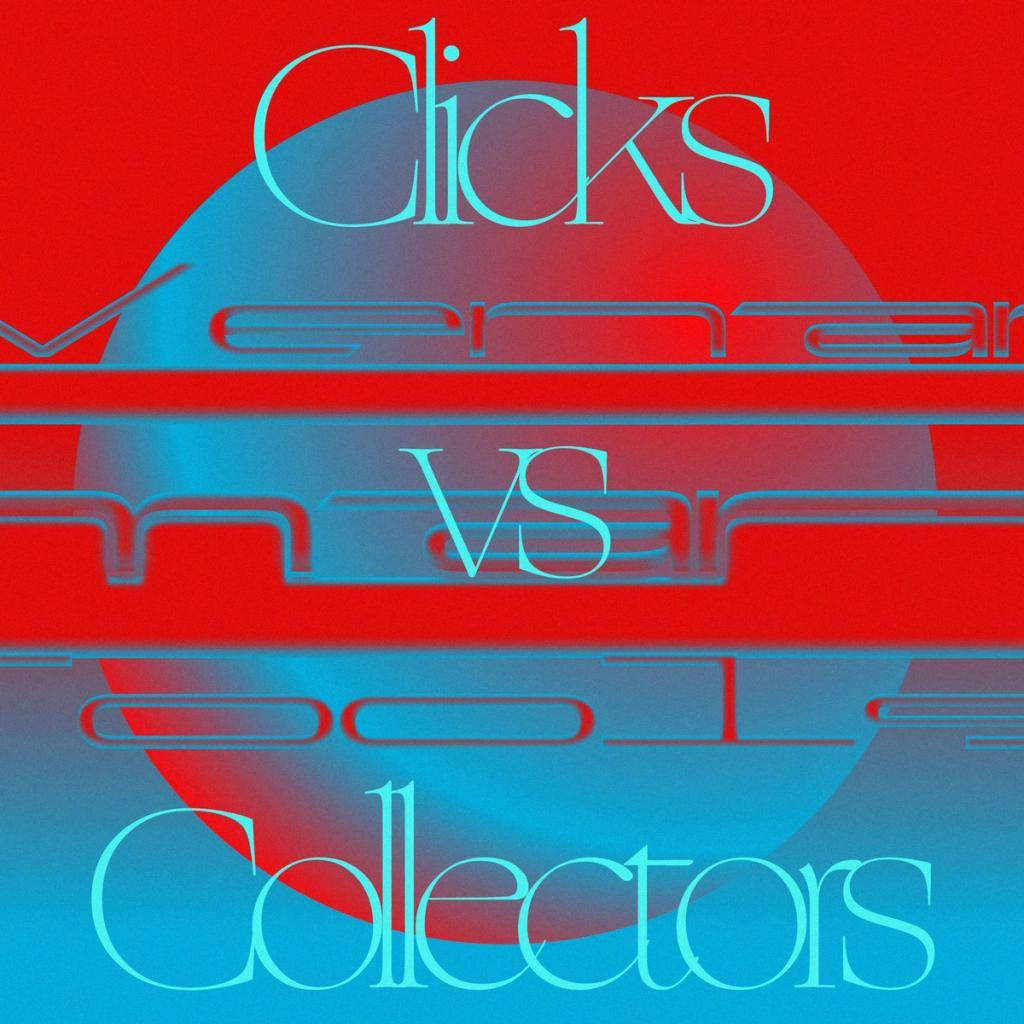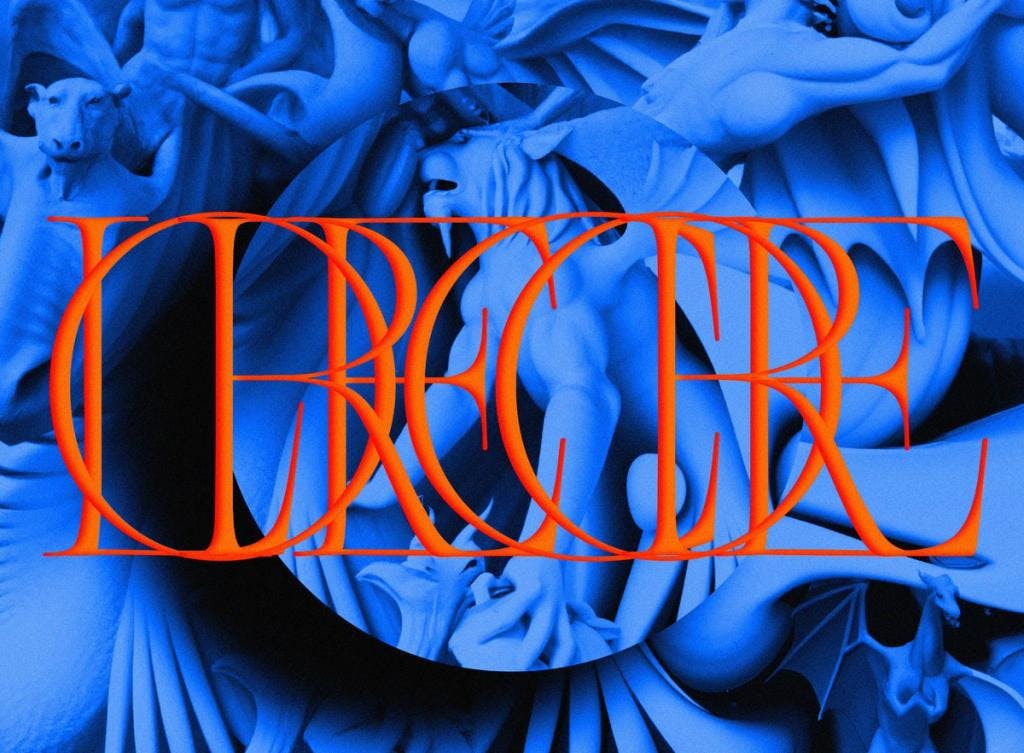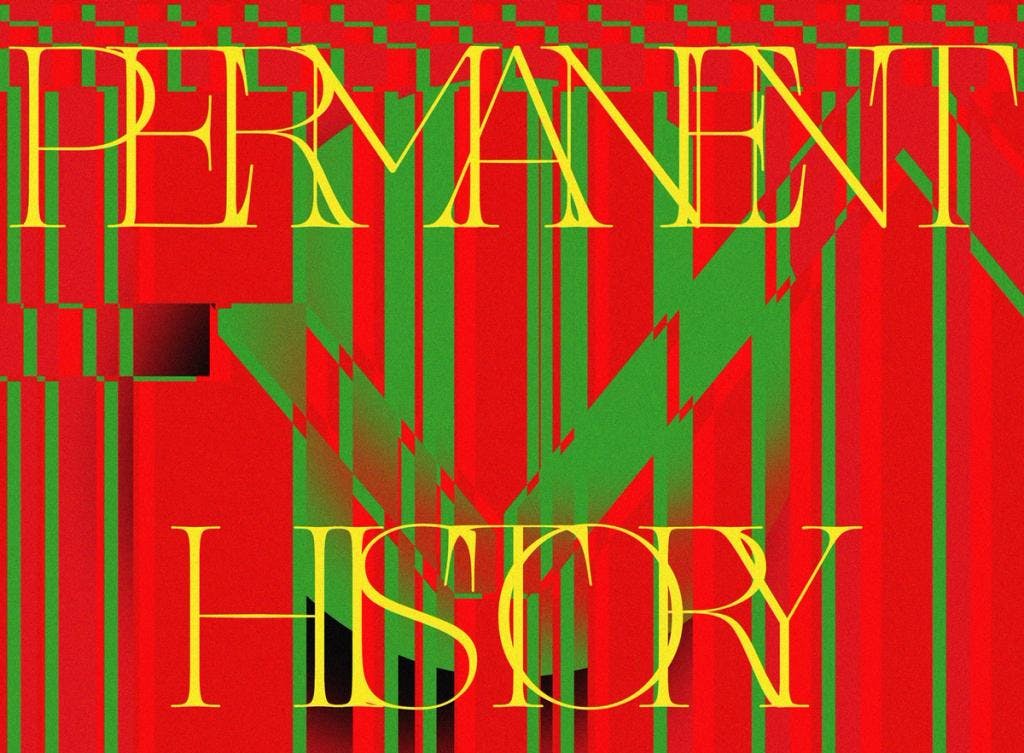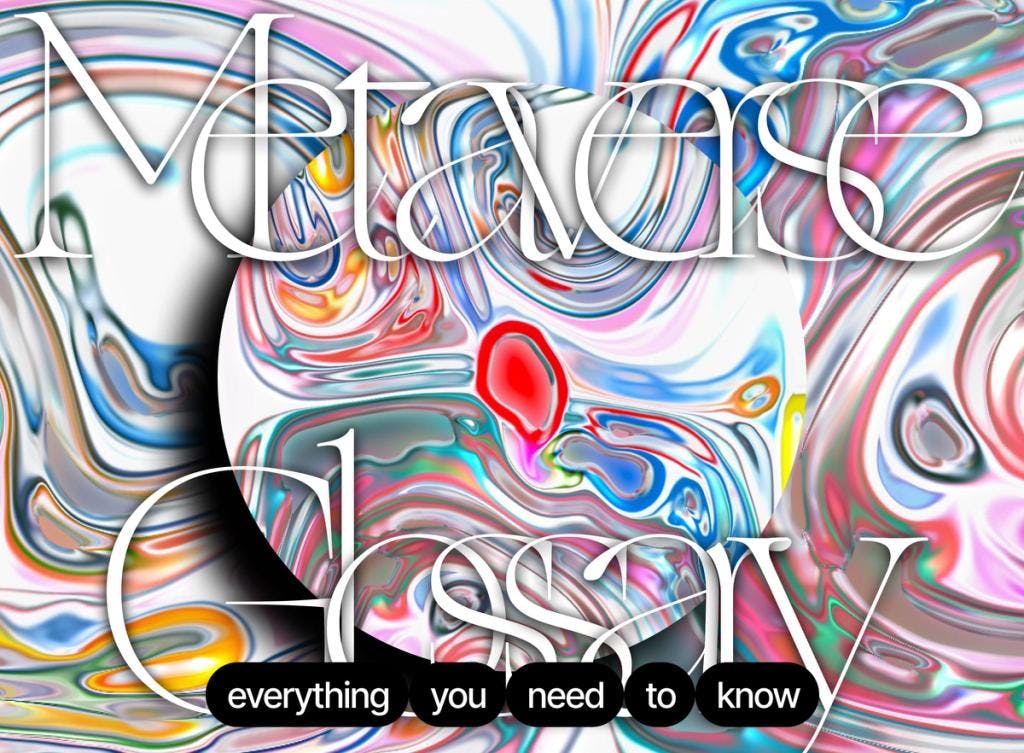


WeDon’tSpeakAboutBoysClub
We Don’t Speak About Boys Club
Boys Club’s Natasha Hoskins on assembling the voice of the new internet.
The belle époque of both the crypto bro and the corporate girlboss—arguably evil twin opposites of a kind—fizzled into oblivion in the summer of 2022. Ethereum crashed, The Wing closed, and hashtag-ready platitudes about glass ceilings and going to the moon rang equally hollow. What secret third thing will emerge from the ashes of those loaded archetypes remains something of an open question, but the ongoings at Boys Club hint at intriguing possibilities.
Boys Club describes itself as a social DAO committed to bringing new voices to the new internet. What this means in practice is carving out a space where those who feel alienated by the male-dominated culture in crypto can find each other, get a feel for the space, and start pushing it forward. Beginning life as a dinner party hosted by co-founders Natasha Hoskins and Deana Burke in late 2021, Boys Club has since grown to encompass a DAO, podcast, newsletters, events, and, ahem, a zine.
This isn’t a women-only situation, but it is, as one of the DAO’s rotating taglines puts it, a no bro zone. If the millennial pink feminism that preceded it was about selling a manicured, aspirational, individualized image of femme success, Boys Club is instead about bringing people together, unencumbered by expectations, and seeing what emerges. Gossip, after all, is one of the most resilient protocols for decentralized knowledge exchange we’ve yet devised.
ZINE’s Yana Sosnovskaya spoke to Hoskins about skincare, governance, and building for the extremely online.
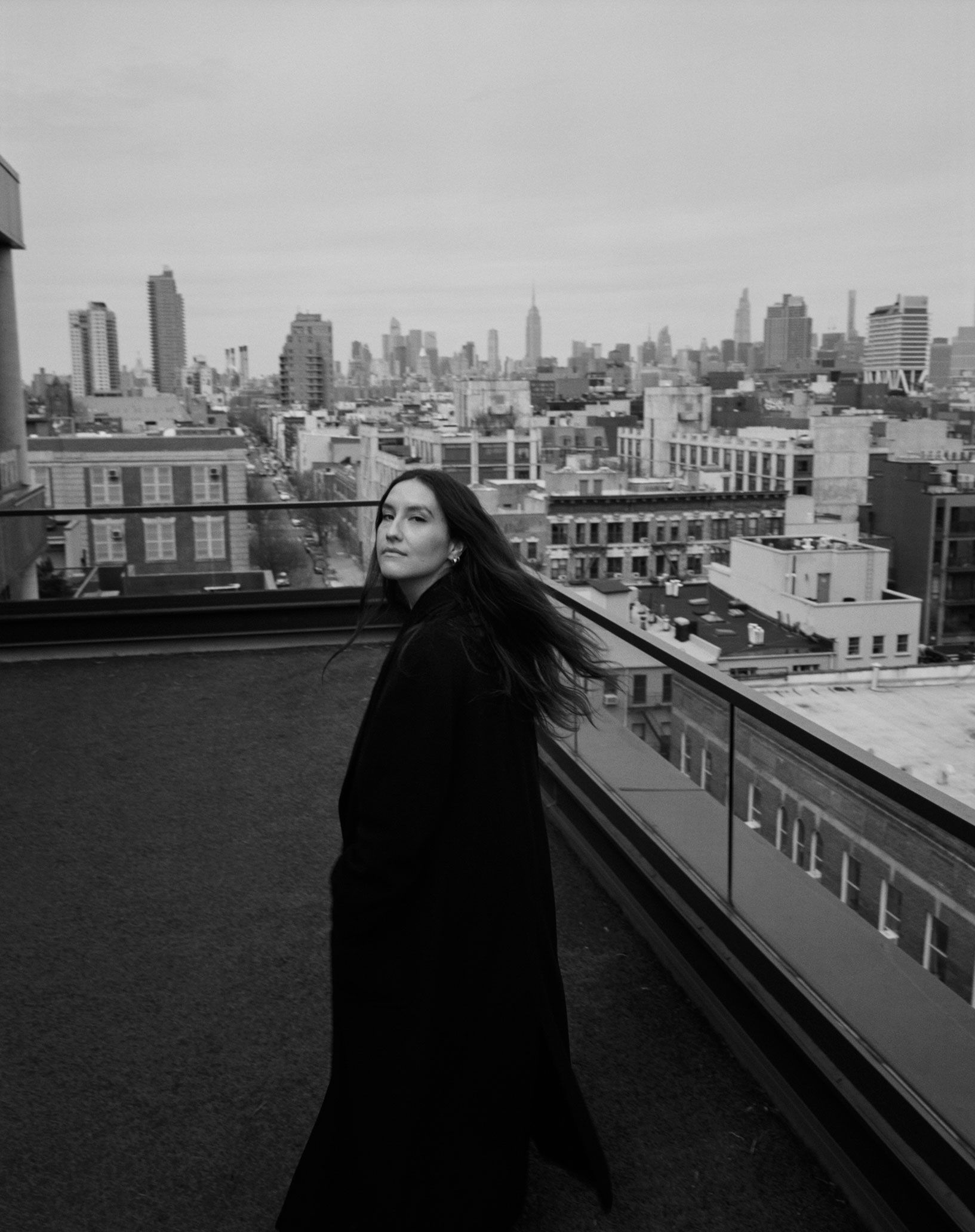
Yana Sosnovskaya: Could you walk me through Boys Club’s structure?
Natasha Hoskins: The core of Boys Club is the DAO. We have a leadership team of about a dozen people. That’s the heartbeat—our community. Deana and I are a part of that as the co-founders and those various leaders are working on specific working guilds within the DAO. That could be community programming, community membership, DAO ops, what we’re calling labs, which is an experimental space. For the past year, we have really been in the spirit of experimentation and throwing things at the wall, seeing what fits, what our community is connecting with, what’s interesting to them. Podcasts, newsletters, events, a zine.
Seeing when things have legs and product market fit, spinning them out of the DAO as their own entities with their own operational structure, but with a revenue and equity relationship back to the DAO. That’s how we think we find long-term sustainability for the DAO—giving a lot of room for projects to have a life, whether it’s inside or outside of the DAO, is going to make that entity as healthy as it possibly can be. Right now, that looks like media spinning out, but we also have people who are interested in building products. We have a bunch of leaders within the community working on experimentation. There are also contributors underneath that—people who are doing discrete projects and working with leaders within Boys Club on specific things.
YS: Can you name some of your favorite projects or moments at Boys Club since its launch?
NH: One of the things that’s been so much fun and challenging in a good way has been working on the zine—how it’s come to life within our DAO. All these contributors are coming together and cataloging what’s happening in the world and in the community. Working on that has been extremely fulfilling and I’m really proud of what it looks and feels like. It has been such a collective effort too.
Events are a big heartbeat of what we do. There’s so many events that represent special moments of being with our community. One of our very first events in February of 2022 was a real moment of the community coming together. The quality of people in the room is incredible. So events are definitely something in which I feel most alive in my Boys Club work.
And lastly, I would say we just did a 2023 planning and thinking Zoom with our whole core team—all of these incredibly smart, capable women who are so deeply invested in building the future of Boys Club together—and I felt really honored to be able to be in that space with them. Those are a few highlights for me.
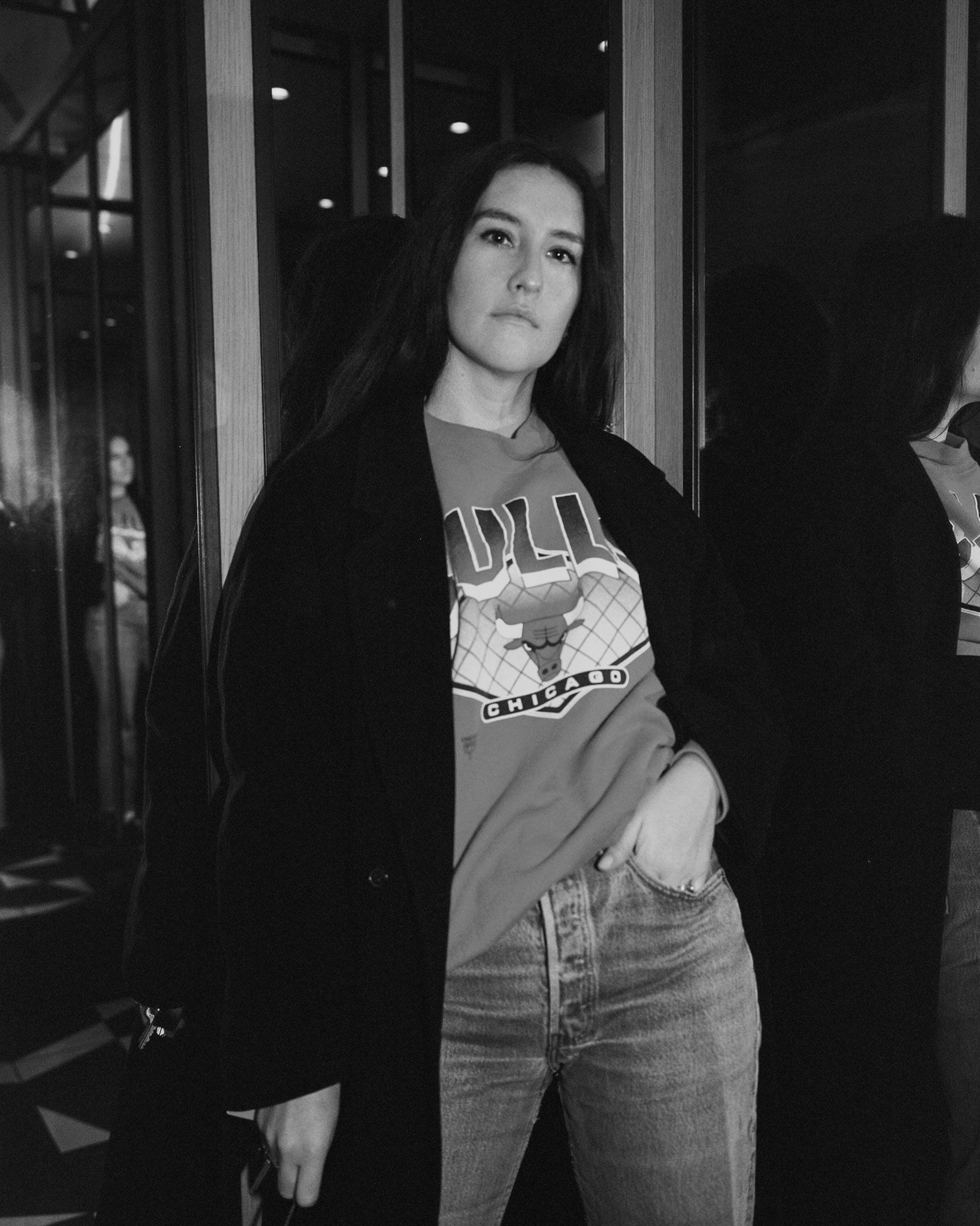
YS: You initially chose the name Boys Club to serve underrepresented communities. What has changed? Do you see this space opening toward marginalized folks since you launched the project?
NH: We started Boys Club not necessarily because we wanted to build a “Women in Web3” group. That was never really the intention. It was really about looking around a room, virtually, and not feeling interested or represented. I didn’t feel like I could show up as my full self and all the things that make me who I am. Showing up and wanting to talk about pop culture or skincare or more feminine things is just a part of who I am, and they weren’t represented as I was exploring these spaces.
It was really about creating a space where people that are similar to me could show up and be their full selves—smart and interesting and thoughtful—about feminine topics. It was a no bro zone for the crypto curious. And it wasn’t necessarily about being a woman, it was just about being represented in content and experience.
It quickly became about onboarding women and that became the more digestible narrative—a clean one-liner, “We’re onboarding women into Web3.” But as we’ve gotten deeper and deeper into it, we realized how limiting it is to say, “Boys Club is about onboarding women into Web3.” Because there’s a lot of women who look at Boys Club and they don’t feel represented or our community and is not the right fit for them. That’s totally fine. We love that. People should find their people in this space.
There’s a certain type of person who is really excited about what they’re doing at Boys Club. That’s why we’ve landed on this: new voice for the new internet. It’s really about bringing voices that don’t feel like they can show up as their full selves to this new space and innovating on what’s happening here. There’s been a real evolution for us. We’re not interested in policing people’s gender. That’s not what it’s about.
YS: It resonates a lot with me and I’m curious to find folks with whom it does not resonate because even for me as a woman, I do think that Web3, and outside of Web3, my interests are sometimes not reflected or considered. They create some sense of guilt or shame that we’re not allowed to publicly speak about an interest in, for example, skincare. Through the whole journey of Boys Club, what do you think was the main barrier to entry in this space?
NH: Something we have done successfully for some people is giving them a sense of belonging within Boys Club. That gives them the confidence to go into conversations and job opportunities or social situations within this space.
The main barrier was a real fear of showing up and saying something stupid or having an experience where you feel dumb. This happens a lot and then people are like, “Oh, this space is not for me. I don’t get it.” They recoil and they don’t continue to sniff around what’s happening here. That was my experience. I was like, “Oh, this is all finance stuff. This isn’t for me.”
Boys Club came about through pulling people in a room and being like, “Let's learn about this together.” That’s really important to getting over that barrier of feeling like you don’t understand the space or feeling like you’re not allowed to be in the room.
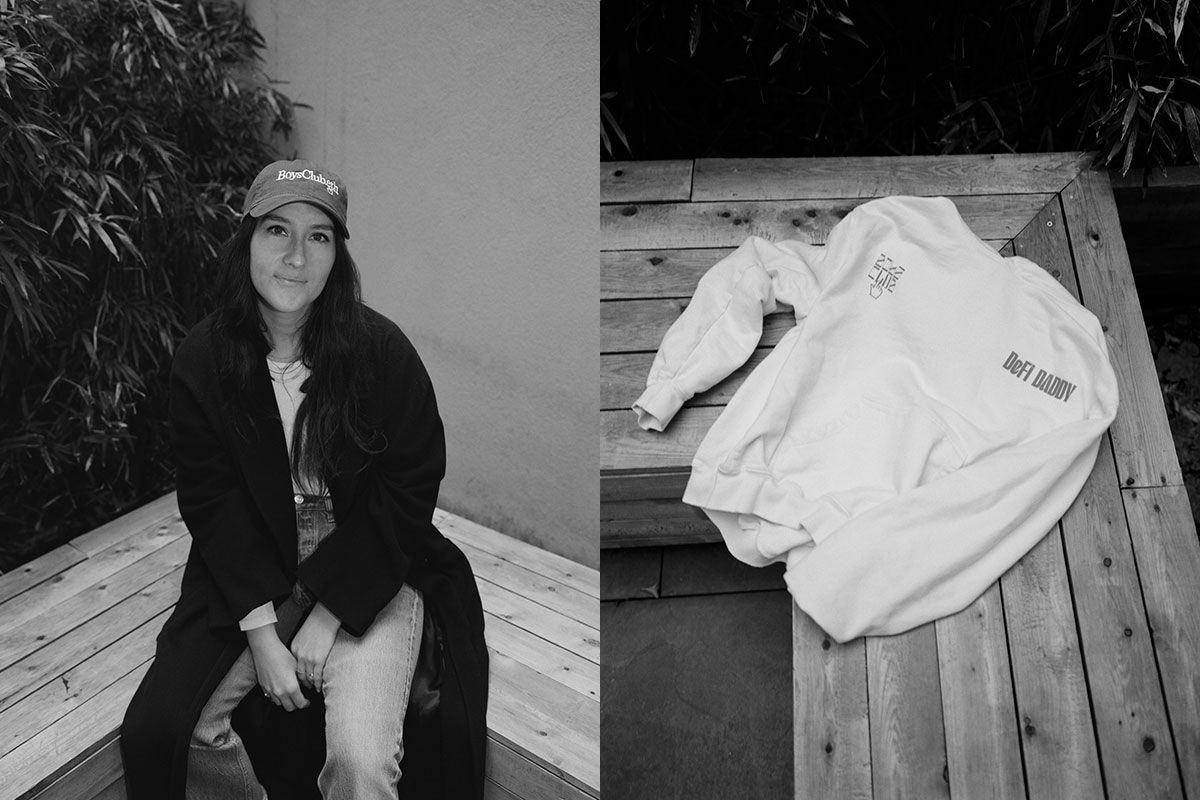
YS: You guys are using a very smart approach with your socials and communication. How do you make people feel more comfortable through using memes and memetic content? How do you think memes are shaping brands?
NH: The central identity of Boys Club is a sense of humor and not taking ourselves too seriously. Memes are a great way to make people laugh and to bring humor into the conversation. They’re signaling to people who are deeply online. We’re a deeply online community and so memes are a great way to have a sense of shared understanding of what’s happening. They’re a really easy access point for people to jump into Boys Club or Crypto Twitter or this space more generally through something that is very lighthearted and very humorous.
YS: In a prior conversation, you’ve mentioned that some of the current DAOs we’re seeing tend to be overtly engineered with how they approach their structures in governance. Can you share more about your approach? What is the MVP of a DAO and how do you do things?
NH: We have a team of brilliant people who are thinking about DAO structure and DAO governance. Coming from early-stage startups, I really think about how to get product market fit as quickly as possible. How do you have a minimum viable version before building out software or structures and governance? Because we are a social DAO, there’s less clarity around what we are making. It’s not like we are deploying code or working on a protocol together. It’s very different, organic and it evolves all the time.
Creating a rigid structure around the DAO did not feel right to Deana and myself. The first season of Boys Club had this minimum viable community approach, testing areas around governance, voting, and the structure of the DAO with a small group of people to see what works and what doesn’t.
One of the biggest pain points within a DAO is the distribution of information and context sharing. You’re distributed. You’re connecting asynchronously. Every single person who works on Boys Club has a full-time other job. That context sharing can completely break down when you’re voting on things or when you’re discussing proposals. Working with a smaller group initially and learning from that group of contributors was super important.
I also love that it’s not token-gated. It’s not something you buy into and then you’re able to vote on. It’s contributor-gated. If you’re working on Boys Club, you’re invested in what it’s going to become, you are contributing to projects and initiatives—you have some skin in the game and you should have some say towards what we’re working on next or how we’re spending the treasury. That was really the approach with season one—keeping it to that contributor base, which is about 40 to 45 people who could vote on decisions that were being made within the DAO.
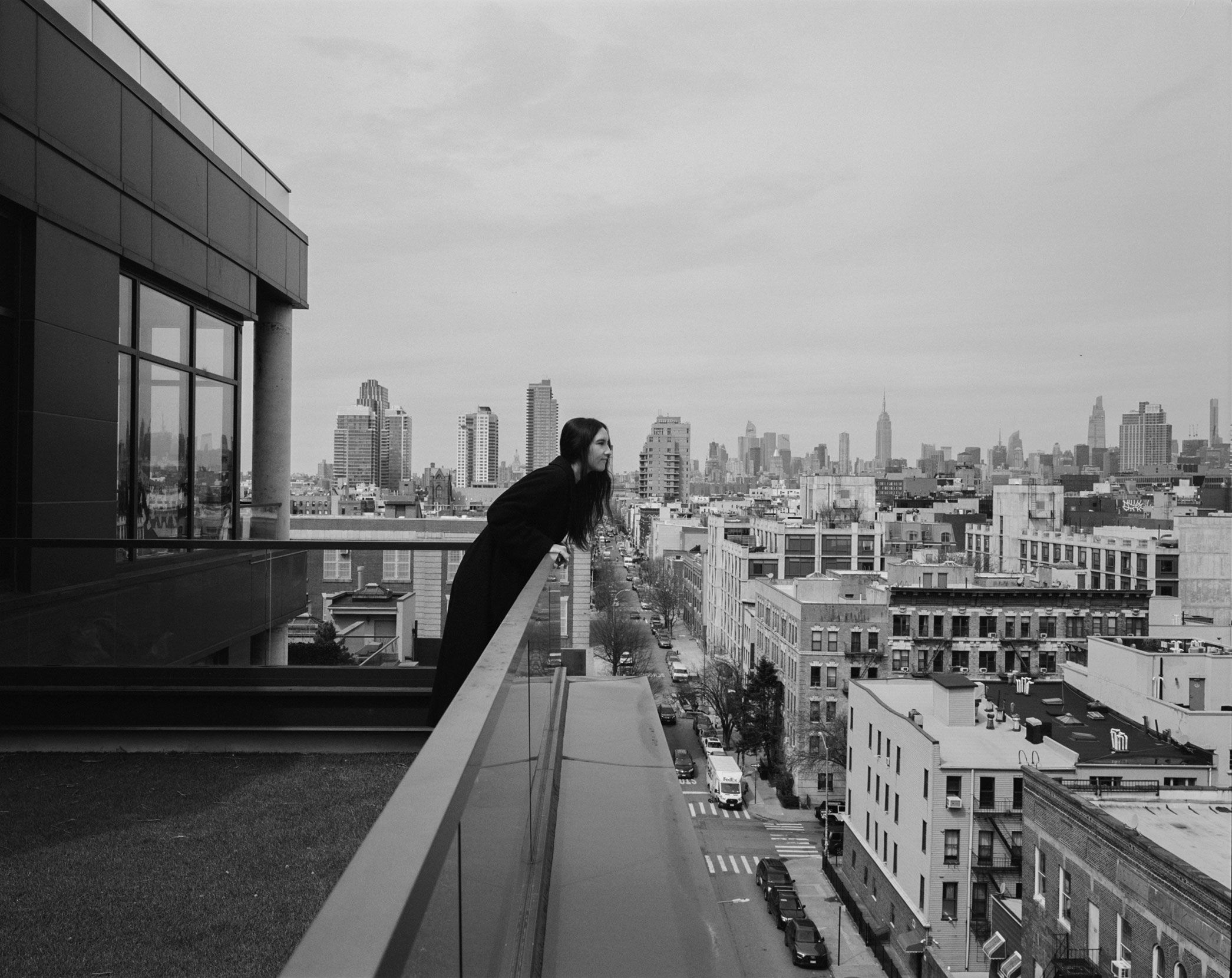
YS: How do you put up the proposals? Who’s creating them?
NH: Any contributor can put up a proposal. Then it’s put to a vote which all happens on Discord. For season two we’re exploring some other options but we prefer to do things in a minimum viable way without over-engineering the process of voting.
YS: Have there been any cases when, for example, you personally, as one of the early creators of the DAO, were vouching for a specific proposal that didn’t get passed?
NH: There’s definitely been times where votes have gone up with a lack of context for strategically why we wanted them or what they would mean for the treasury of the DAO. That was a real learning experience for us. Learning how to share the context and reasons why people are putting up certain proposals, explaining the process or roadmap for certain projects and learning how to communicate clearly with a large set of people asynchronously is one of the biggest challenges of a DAO.
YS: Speaking of the treasury, what are your thoughts on VC backing in Web3? You’re one of very few projects in Web3 that’s not VC-backed. What is your general take on the relationship with VC and Web3 specifically for Boys Club? Do you folks think there is a possibility for that in the future?
NH: We’re definitely not opposed to being VC-backed. It just hasn’t felt right for our DAO. Absolutely no shade to people who raise VC. Both Deana and myself have raised venture before. You have to decide for your community and the members in your community what makes sense. With Boys Club, not being beholden to an investor allows us to make a lot of surprising, magical things happen. When you raise money and have a responsibility to investors, you can’t have that same level of experimentation and flexibility. You’ve made promises to be myopically focused towards a goal. At Boys Club, we have been really intentional about wanting to do right by our community and its spirit of experimentation.
Allowing for people to show up as their full selves with all of the feelings that come with their projects and their proposals, you need to have transparent, open conversations about your feelings with people in your DAO. It is emotional work.
YS: From entrepreneurial, corporate experience, what is it that DAOs can and can’t do compared to regular entities?
NH: DAOs are incredible at bringing people together around a shared idea or principle. The network’s effects have been unbelievable. For community building, for connection, for friendship, for a sense of ownership—a DAO is unbelievable.
Where a DAO is very hard is operationalizing things and moving things down a track. Everybody has amazing ideas, but executing an idea and bringing it into the world is a lot harder. What I have found most difficult is context sharing. How do you communicate? How do you move projects along? How do you make sure that you’re bringing in contributors who don’t only have great ideas but can really push something over the line?
Deana and I have always been transparent about building in public. We’re very feelings-first about the work. That’s really worked within the DAO structure because, when you’re coordinating people, they all have feelings about their work. Allowing for people to show up as their full selves with all of the feelings that come with their projects and their proposals, you need to have transparent, open conversations about your feelings with people in your DAO. It is emotional work.
YS: What is your dream or ideal state for Boys Club?
NH: I have a lot of conviction about Boys Club being a very healthy business. Right now, we do a lot of amazing things but it’s not a business. I have a lot of ambition for that. I think in being an incredible business, it can serve our community and bring a lot of value back. I’m focused on finding the business of Boys Club that can provide a sustainable community for our members long-term.
YS: I love that. I’m going to ask you a few blitz-style questions. Don’t think too much, just answer quickly. Digital events or IRL events?
NH: IRL.
YS: Knowledge or vibes?
NH: Begrudgingly, vibes.
YS: Monday or Friday?
NH: Friday.
YS: Expensive skincare or expensive NFT?
NH: Expensive skincare.
YS: Boys or girls?
NH: Oh well, we call the girls of Boys Club, boys, so I have to go with boys.
